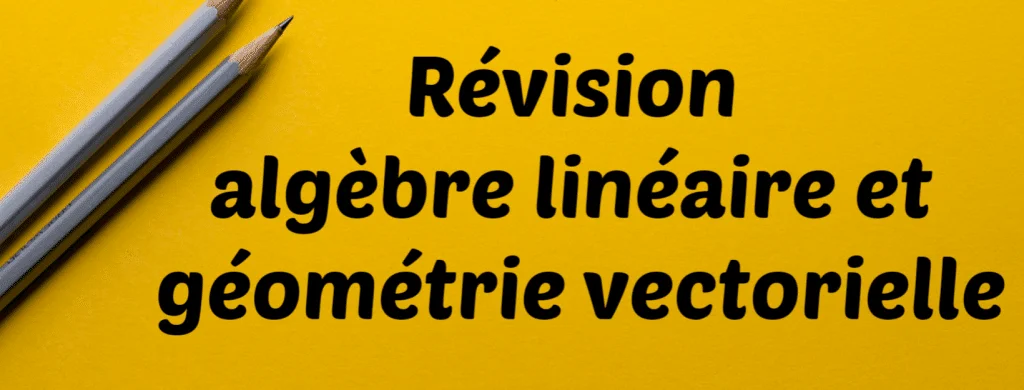With the growing importance of education in today’s society, the word tutoring is becoming more and more part of our everyday vocabulary. Whether in a school context, through a government aid measure or through a private company, requests for this kind of service have exploded. Although we all have some idea of the broad outlines, what exactly is tutoring?
The more things change, the more they stay the same
The very first concept of tutoring dates back to the 18th century, when an eminent Swiss pedagogue and thinker (Pestalozzi) came up with the idea of pairing up stronger students with those experiencing difficulties, in order to counteract the shortage of teachers in schools… Does this remind you of one of our greatest modern problems in education? The current teacher shortage is so acute that some classes find themselves without a stable teacher for several months, and some students are more sensitive to this situation than others. As a result, they lack the resilience needed to stay motivated and committed to their studies. That’s why creating a strong, unique bond with a tutor can help young people rediscover the pleasure of learning and ease the burden of insecurity they carry on their shoulders.
https://fr.wikipedia.org/wiki/Tutorat
All right! But what exactly is tutoring?
Tutoring is in fact a personalized service to help learners revise, consolidate or untangle their learning, but above all to do so at their own pace. But tutoring goes far beyond homework help, since the tutor acts as a guide in the student’s studies, and becomes a significant figure in the daily lives of the young people he or she follows. The typical tutor is not always a teacher or a student of pedagogy. He or she may be a “cégépien” or an academic who has recently followed the same path as the student, or another person with the requisite knowledge thanks to previous studies or the job he or she holds.
And why tutoring?
Tutoring is as rewarding for the tutor as it is for the child, because it implies a great deal of help and respect. It boosts the learner’s self-esteem and intrinsic motivation. It also eases the burden on parents who may feel helpless in the face of their offspring’s academic difficulties, or who simply prefer to have someone else take charge. The tutor, considered halfway between friend and teacher, provides students with a framework for organizing their work, homework or lessons, as well as an active pedagogy that stimulates and improves their understanding of important concepts. Why does he succeed in this mission? Not least because of his disciplinary training, but also because of his human qualities such as empathy, enthusiasm, involvement and discernment,
Remote tutoring? Why not!
Given the great flexibility offered by today’s technological age, online tutoring is gaining in popularity. Indeed, imagine the possibilities of finding THE tutor you need, an AS in his or her subject, a pedagogue at heart and possessing all the qualities you’re looking for… but living 700 km from home. Well, no problem with the various meeting platforms like Zoom, Teams, LearnCube and others. Remote tutoring can certainly be a guarantee of quality and offers multiple ways of interacting with the student. Whiteboards, interactive learning games, digital reading, virtual notebooks – so many possibilities for varying approaches and methods of support. And let’s not forget that distance tutoring has helped, and continues to help, to break the social isolation afflicting many children and teenagers.
Tutoring has been around for centuries, in fact, since the invention of the school, but has never been as topical as it is today. It’s a win-win situation for students, their parents and tutors. It builds and reinforces a whole world of know-how, as well as interpersonal skills through the relationships it develops. It adapts to a digital and virtual world, and is rooted in our culture. Tutors are there to help you improve your grades, achieve your personal goals or avoid failure and demotivation.
Claudia Baron, high school French teacher and SOSteacher tutor
To summarize
Tutoring goes beyond homework help by offering a personalized service to review, reveal and unravel the student’s learning, with a tutor acting as a guide.
A tutor can be a student, a professional or any other person with the necessary knowledge and human qualities to help the student.
Tutoring boosts self-esteem and integrated motivation, and offers defined organization of work, homework and lessons, as well as active pedagogy to improve understanding of important concepts.
Remote tutoring uses virtual meeting platforms such as Zoom, Teams, LearnCube, etc., offering the possibility of finding a qualified tutor, regardless of distance, and interacting through tools such as whiteboards, interactive learning games and virtual notebooks.
Given the current teacher shortage and the challenges faced by students, tutoring helps create a strong and unique bond, rediscover the joy of learning, ease the emotional burden and support students’ educational goals .













